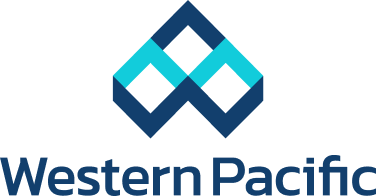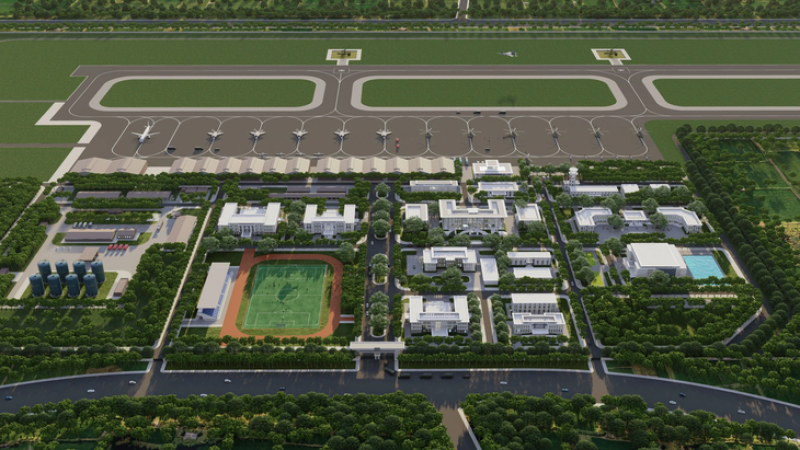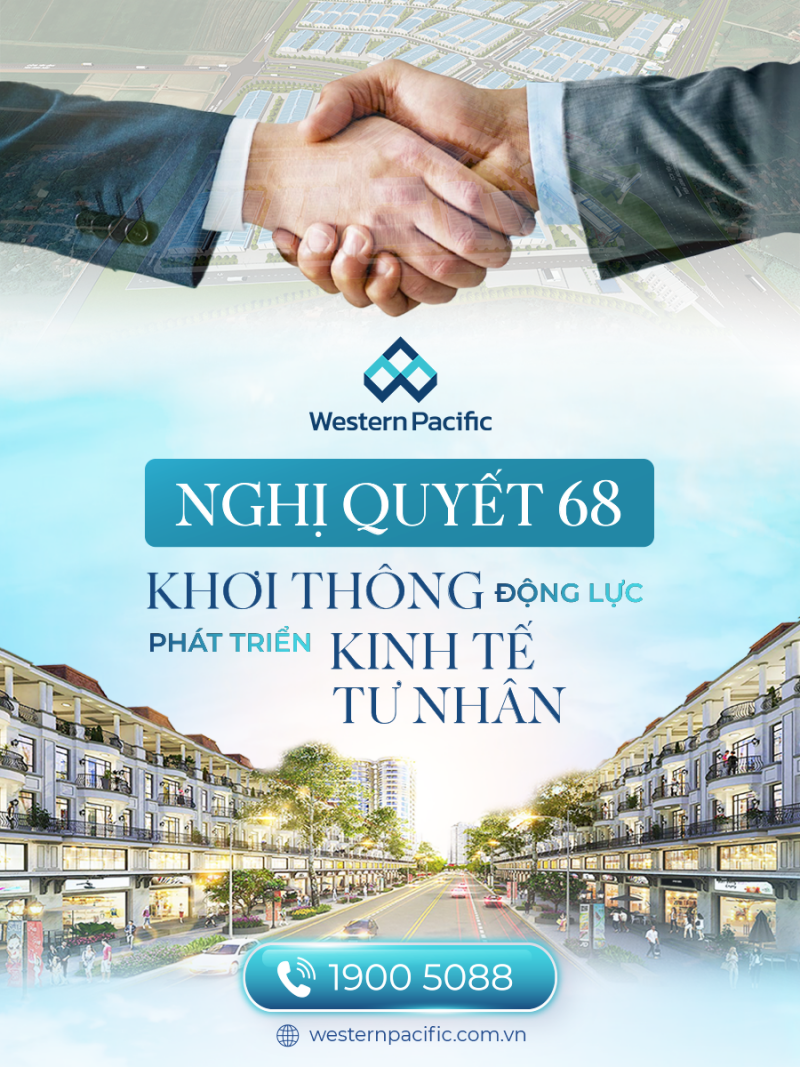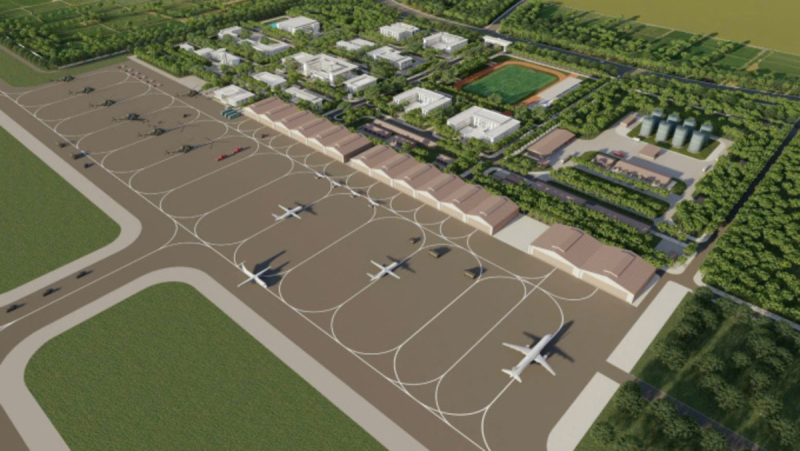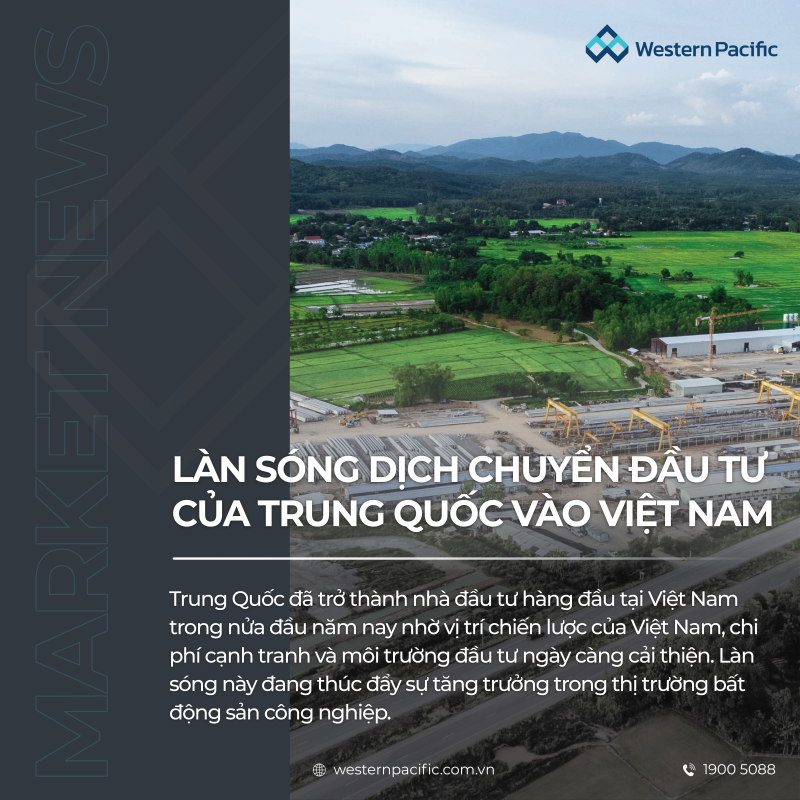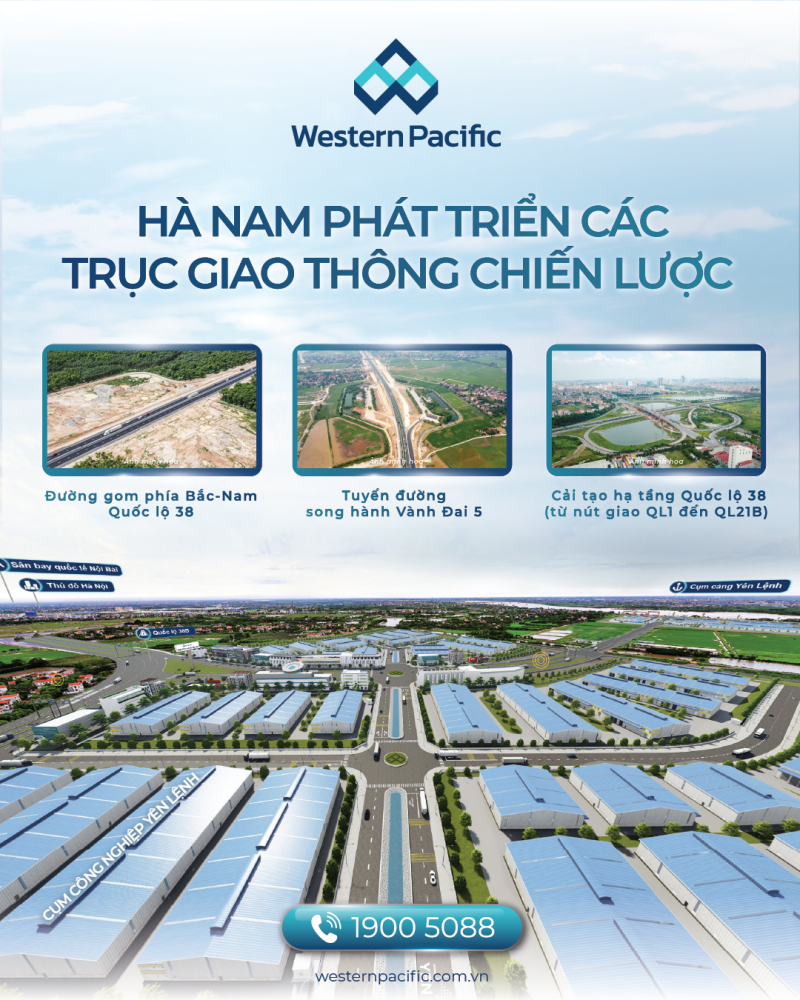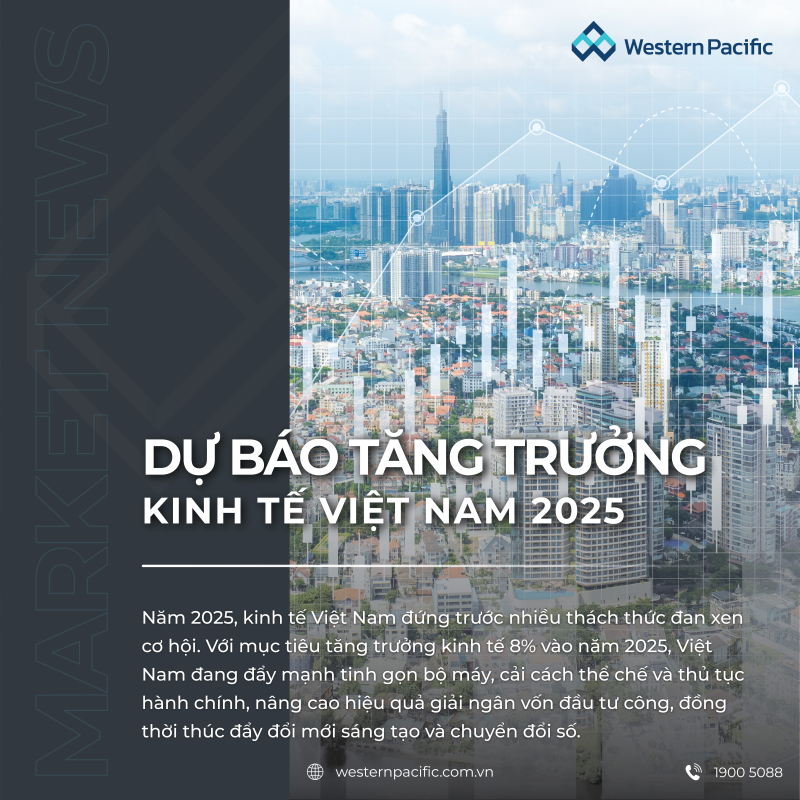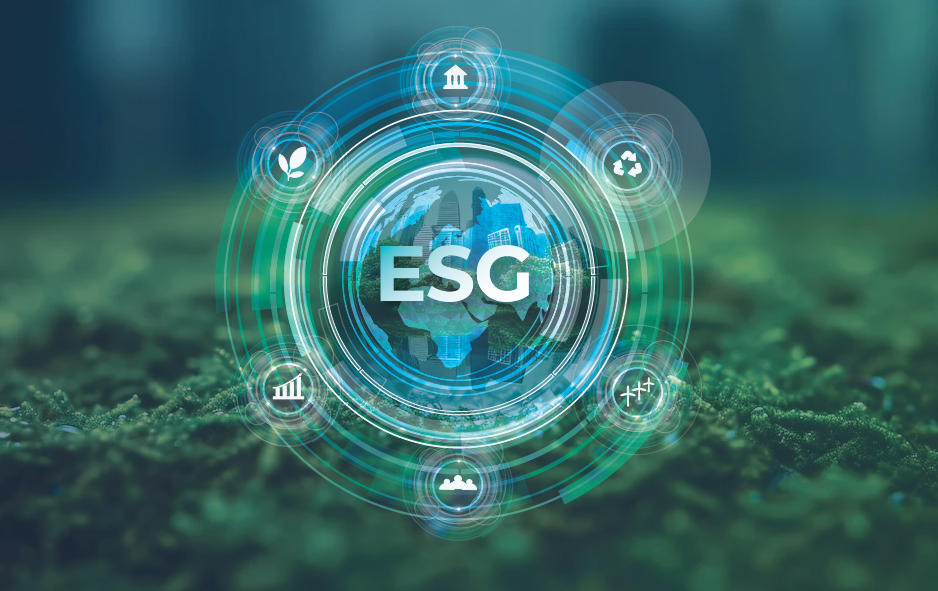
However, within the LIC ecosystem, businesses are provided with a solid foundation to execute ESG strategies and promote green growth within industrial parks.
Amid growing global investor preference for businesses with strong ESG practices, integrating them into development strategies offers sustainable economic value along with long-term opportunities to attract foreign investment.
Matthew Clifford, director of Sustainability & ESG at Cushman & Wakefield for the Asia-Pacific region, believes several real estate investors are facing significant challenges in achieving their net-zero targets.
"Investors we work with understand that sustainability is critical, but they also want to maximize their returns. In some cases, these goals can overlap or create tensions," said Clifford.
The LIC model, meanwhile, successfully resolves this challenge by enabling businesses to simultaneously meet ESG standards and optimise profitability. LIC fosters a favourable environment for firms to adopt circular economy principles, where production by-products are shared, resources are recycled, and collaborative production processes are implemented. This approach helps reduce costs and enhances supply chain efficiency.
Western Pacific’s LIC ecosystem features fully integrated infrastructure that includes ports, warehouses, factories, and logistics centres located near highways or airports, depending on the region’s characteristics. This proximity significantly reduces logistics time and costs, while lowering carbon emissions through shorter transport distances.
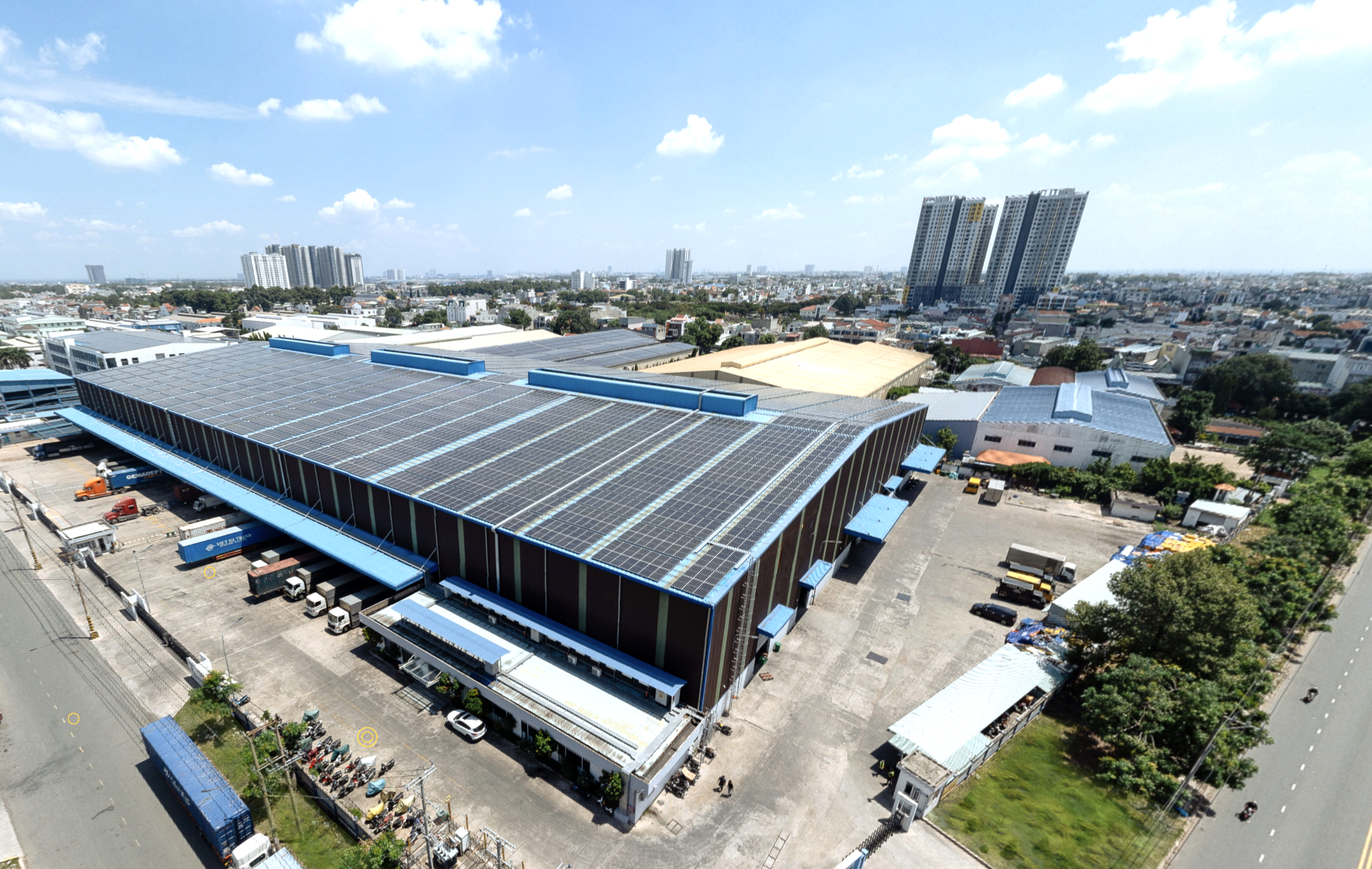
The Vietnamese government’s commitment to achieving net-zero emissions by 2050 has made green and sustainable industrial development a pressing requirement. To this end, renewable energy sources, such as solar power, are being incorporated into LIC projects. This ensures a stable energy supply while minimising negative environmental impacts.
The ecosystem prioritises safe, healthy, and fair working conditions, enabling employees to contribute confidently while helping businesses enhance their reputation and establish a sustainable work environment.
Beyond economic benefits, the value created by the LIC ecosystem is reinvested to improve social and economic conditions in the local area.
Charitable activities, educational support, and annual training programmes for young workers clearly demonstrate corporate social responsibility, contributing to an improved quality of life for the community.
Governance is a decisive factor in building and implementing sustainable development strategies within industrial zones of the LIC ecosystem.
Since its inception, LIC components have been established and operated on a foundation of transparent governance, ensuring compliance with state policies and laws. This builds trust and protects the interests of all stakeholders, including investors, businesses, workers, and the community.
The Vietnamese government, alongside prioritising economic growth, is also focusing on promoting sustainable development as a key component of strategic policies to enhance national competitiveness.
In this context, the LIC model not only creates a favourable environment for production and business but also provides the necessary conditions for enterprises to implement ESG standards, ensuring a balance between economic growth, environmental protection, and positive contributions to society.
Foreign investment has consistently accounted for a significant proportion of total capital in Vietnam's industrial zones, driving growth over the years.
However, as foreign investors increasingly prioritise sustainable development, industrial parks face the urgent challenge of transitioning to green models in line with global trends.
In Vietnam, implementing ESG practices requires new models supported by suitable policies to enhance land-use efficiency, entice investment, and leverage opportunities.
The LIC ecosystem, developed by Western Pacific Group, integrates industrial infrastructure, logistics infrastructure, and supply chains into a synchronised system. This ecosystem allows enterprises within it to share resources, optimise operations, protect the environment, and achieve sustainable business growth.
